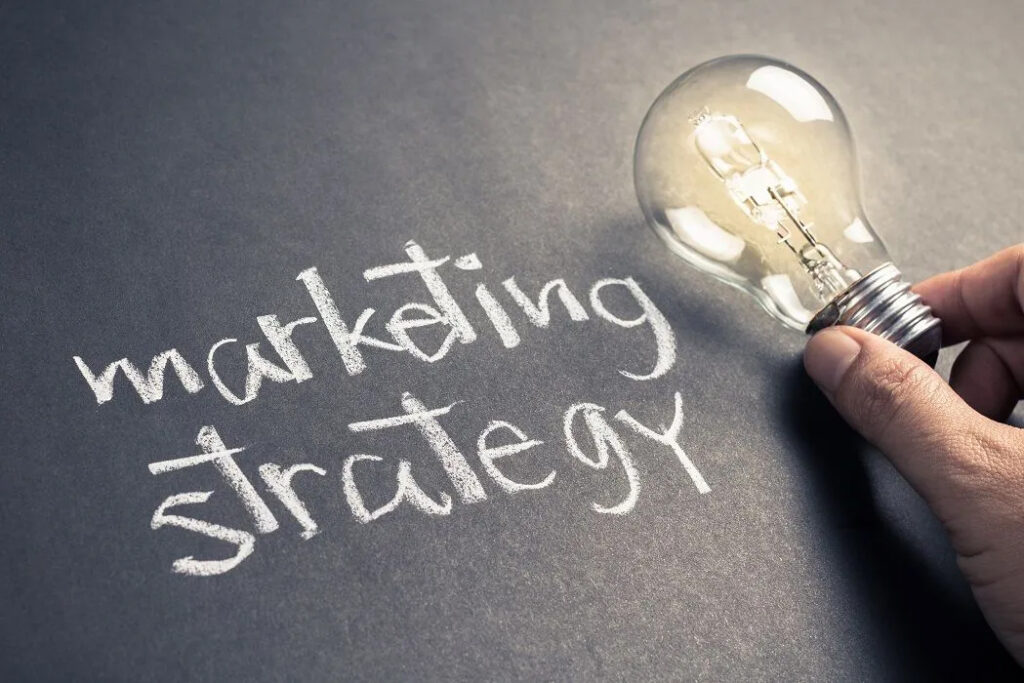In the competitive world of small business, effective marketing is key to standing out, attracting customers, and driving growth. With limited budgets and resources, small businesses must leverage innovative and cost-effective marketing strategies to reach their target audience and achieve their business goals. This article explores various marketing strategies that small businesses can implement to enhance their visibility, engage customers, and boost sales.
1. Understand Your Target Audience
The foundation of any successful marketing strategy is a deep understanding of your target audience. Conduct market research to identify your ideal customers, their preferences, needs, and behaviors. Create detailed buyer personas to guide your marketing efforts and ensure that your messaging resonates with your audience. Knowing who your customers are and what they want will help you tailor your marketing campaigns for maximum impact.
2. Leverage Social Media Platforms
Social media platforms are powerful tools for small businesses to reach a wide audience at little to no cost. Choose the platforms that your target audience frequents the most, such as Facebook, Instagram, Twitter, or LinkedIn. Create engaging content that showcases your products or services, shares customer testimonials, and highlights behind-the-scenes looks at your business. Consistent posting and interaction with your followers can build a loyal community around your brand.
3. Develop a Strong Brand Identity
A strong brand identity sets you apart from your competitors and makes your business memorable. Develop a cohesive brand identity that includes a unique logo, color scheme, typography, and brand voice. Ensure that these elements are consistent across all your marketing materials, from your website and social media profiles to your business cards and packaging. A strong and consistent brand identity builds trust and recognition among your customers.
4. Utilize Content Marketing
Content marketing is an effective way to attract and engage your target audience. Create valuable and relevant content that addresses the needs and interests of your customers. This can include blog posts, videos, infographics, eBooks, and podcasts. By providing helpful information, you position your business as an authority in your industry and build trust with your audience. Additionally, optimized content can improve your search engine rankings, driving organic traffic to your website.
5. Invest in Email Marketing
Email marketing is a cost-effective way to nurture relationships with your customers and drive repeat business. Build an email list by offering incentives such as discounts, exclusive content, or free resources in exchange for email sign-ups. Send regular newsletters that provide value, such as industry news, tips, product updates, and special offers. Personalize your emails to make your customers feel valued and increase engagement.
6. Leverage Local SEO
For small businesses, especially those with a physical location, local search engine optimization (SEO) is crucial. Optimize your website and online profiles for local search by including your business name, address, and phone number (NAP) consistently across all platforms. Claim and update your Google My Business listing, and encourage satisfied customers to leave positive reviews. Local SEO helps you appear in local search results, driving more foot traffic and local inquiries.
7. Collaborate with Influencers and Partners
Partnering with influencers and other businesses can amplify your reach and credibility. Identify influencers in your industry or local area who align with your brand values and have a genuine following. Collaborate on campaigns, product reviews, or giveaways to tap into their audience. Additionally, consider partnering with complementary businesses for co-marketing efforts, such as joint events, bundled offers, or cross-promotions.
8. Host Events and Webinars
Hosting events and webinars can help you connect with your audience on a personal level and showcase your expertise. Organize workshops, product launches, or community events to engage with your local audience. Webinars are an excellent way to reach a broader audience and provide valuable insights or training related to your industry. Promote these events through your website, social media, and email marketing to maximize attendance.
9. Implement Referral Programs
Word-of-mouth marketing is incredibly powerful, and referral programs can incentivize your customers to spread the word about your business. Offer rewards such as discounts, free products, or exclusive access to customers who refer new clients to your business. Make it easy for customers to share referral links or codes through email and social media. A well-designed referral program can generate a steady stream of new customers at a low cost.
10. Monitor and Analyze Your Results
Finally, it’s essential to track the performance of your marketing efforts to understand what’s working and what’s not. Use tools like Google Analytics, social media insights, and email marketing reports to gather data on your campaigns. Analyze key metrics such as website traffic, engagement rates, conversion rates, and ROI. Use this data to refine your strategies, allocate your budget more effectively, and continuously improve your marketing efforts.

Conclusion
Effective marketing strategies are crucial for small businesses to thrive in a competitive market. By understanding your target audience, leveraging social media, developing a strong brand identity, utilizing content marketing, investing in email marketing, focusing on local SEO, collaborating with influencers, hosting events, implementing referral programs, and monitoring your results, you can create a robust marketing plan that drives growth and success. With the right approach, even small businesses with limited resources can achieve significant impact and build a loyal customer base.